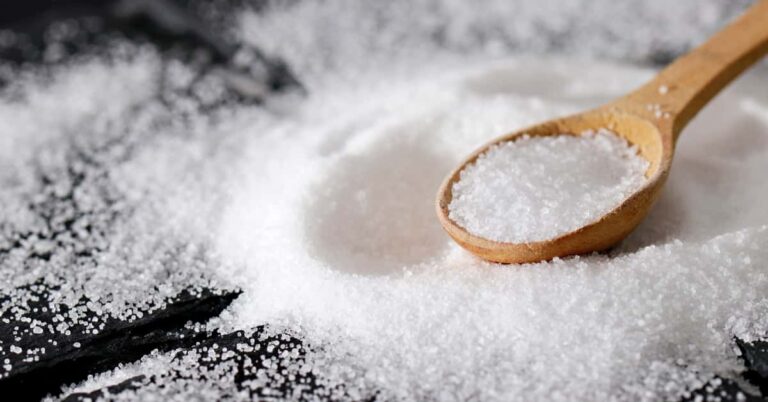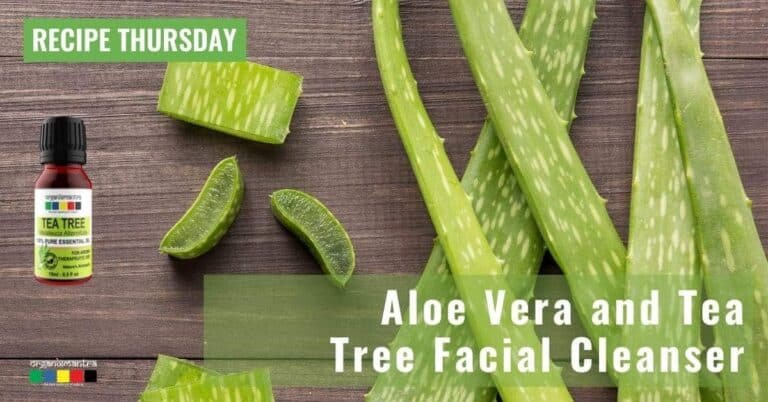Dandruff Diaries: Scalp Transformations
Have you ever looked in the mirror and felt embarrassed by persistent flakes in your hair? You’re not alone. Dandruff is a common problem that can affect your confidence and daily comfort, but it’s often misunderstood. In this article, we’re diving into the world of scalp care with a friendly, science-backed approach to transform your dandruff woes into a story of success. You may have tried various shampoos and remedies with little lasting effect. Here, we promise to share actionable tips, debunk popular myths, and introduce holistic methods that work for real people like you.
Imagine waking up with a flake-free scalp, feeling confident and ready to take on the day. We’re not talking about overnight miracles, but rather a step-by-step guide that builds a healthy scalp routine over time. Throughout this article, you’ll read about real transformation stories, understand the science behind dandruff, and learn how to choose products that truly benefit your scalp. Our aim is to empower you with the knowledge to make informed decisions and finally put an end to the endless cycle of ineffective treatments.
So, if you’re tired of battling dandruff and ready for a change, stick with us. We’ll break down the causes of scalp issues in simple language, offer clear solutions, and help you build a personalized care routine that suits your lifestyle. Let’s start your journey to a healthier, happier scalp today
Why Dandruff is More Than Just Flakes

Dandruff isn’t just a cosmetic nuisance—it’s often a sign that your scalp is out of balance. You may have noticed that even after washing, your hair still seems to host unwanted flakes. This condition can be caused by a variety of factors including an overgrowth of yeast, excess oil production, or even environmental stressors. Rather than simply scraping away the flakes, it’s important to understand what your scalp is trying to tell you.
When your scalp is irritated or imbalanced, it can lead to inflammation and further discomfort. By recognizing that dandruff is more than just dead skin cells, you open the door to a more holistic approach to scalp care. This might include adjusting your hair care routine, choosing products with natural ingredients, and even tweaking your diet. Remember, effective dandruff care starts with understanding the root causes rather than just treating the symptoms.
Dandruff Diaries: Real Scalp Transformation Stories
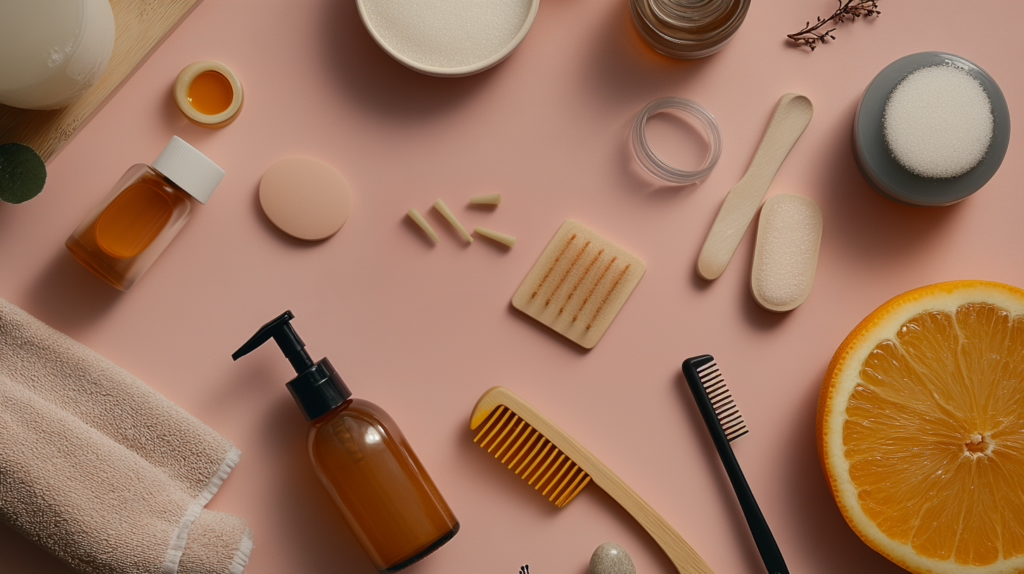
Imagine the relief of Rajesh, a young professional from Mumbai, who struggled with constant dandruff that made him self-conscious during important meetings. After trying multiple products with little success, Rajesh decided to explore natural and holistic scalp care. With a dedicated routine that included a gentle, tea tree-infused shampoo and weekly scalp massages with aloe vera oil, he began noticing a remarkable improvement. Today, Rajesh’s hair is not only flake-free, but he also enjoys a healthier, more vibrant scalp.
Then there’s Priya from Bangalore, who battled severe scalp dryness and dandruff for years. She discovered that her condition was aggravated by hard water and an overly aggressive shampoo. By switching to a mild, sulfate-free cleanser and incorporating a weekly deep-conditioning treatment with natural extracts, Priya experienced a dramatic turnaround. Her story is a testament to how small, informed changes in routine can lead to big results.
These real-life stories demonstrate that effective scalp transformations are possible. They remind you that you too can achieve a flake-free, healthy scalp by embracing a consistent routine and using the right products. Let these narratives inspire you to take charge of your scalp health. After all, everyone’s journey is unique, and with the proper guidance, you can find the solution that best fits your lifestyle and needs.
Common Dandruff Myths & Misconception

There are many myths surrounding dandruff and scalp care that can often mislead you into ineffective treatments. Let’s break down these misconceptions one by one, so you can understand the truth behind the flake.
Myth 1: Dandruff is Caused by Poor Hygien
It’s a common misconception that dandruff is simply a result of not washing your hair enough. In reality, dandruff is more often related to an imbalance in your scalp’s natural ecosystem rather than your hygiene habits. Even if you wash your hair regularly, an overgrowth of a naturally occurring yeast called *Malassezia* can lead to irritation and flaking. Understanding this means that the solution isn’t just more frequent washing—it’s about choosing the right kind of shampoo that addresses this specific imbalance while also maintaining the natural oils your scalp needs.
Myth 2: Only Expensive Products Work
You might think that a high price tag guarantees a solution for your dandruff problems, but that isn’t always the case. Many affordable products are formulated with effective natural ingredients that can soothe your scalp and reduce flaking. Instead of relying on expensive, branded solutions, focus on the ingredients list. Look for key components like tea tree oil, zinc pyrithione, or salicylic acid which have been shown to combat dandruff effectively. Remember, what matters is not the price, but the formulation that meets your scalp’s specific needs.
Myth 3: Natural Remedies Don’t Work
Some believe that natural remedies lack the potency of chemical treatments when it comes to dandruff. However, natural ingredients can be very effective when used correctly. Ingredients like aloe vera, neem, and essential oils have long been celebrated for their anti-inflammatory and antimicrobial properties. These ingredients work gently with your scalp, reducing irritation and restoring balance without the harsh side effects that some chemicals might bring. With a science-based approach to natural care, you can achieve long-term improvements in scalp health, proving that natural doesn’t mean ineffective.
Myth 4: Dandruff is Only a Cosmetic Issue
Many people dismiss dandruff as merely a cosmetic problem, but it often points to an underlying issue in your scalp’s health. When left untreated, dandruff can be a symptom of conditions like seborrheic dermatitis or psoriasis. These conditions can lead to persistent inflammation and discomfort. By treating dandruff as more than just a surface-level issue, you open the door to addressing the root causes, such as an imbalanced scalp flora or overproduction of sebum. Recognizing the broader implications encourages you to adopt a more comprehensive scalp care routine rather than just seeking a quick fix.
Myth 5: Shampoo Alone Can Cure Dandruff
While shampoo plays a crucial role in managing dandruff, relying solely on it might not be enough. Your scalp needs a holistic approach that includes proper hydration, nourishment, and sometimes even dietary adjustments. Over-washing or using the wrong type of shampoo can strip your scalp of natural oils, potentially worsening the condition. Instead, consider integrating complementary practices such as regular scalp massages, natural oil treatments, and using conditioners designed to soothe and protect. By understanding that shampoo is just one part of a broader care routine, you can better tackle the root causes of dandruff and achieve a lasting transformation.
The Science Behind Dandruff: Understanding Your Scalp
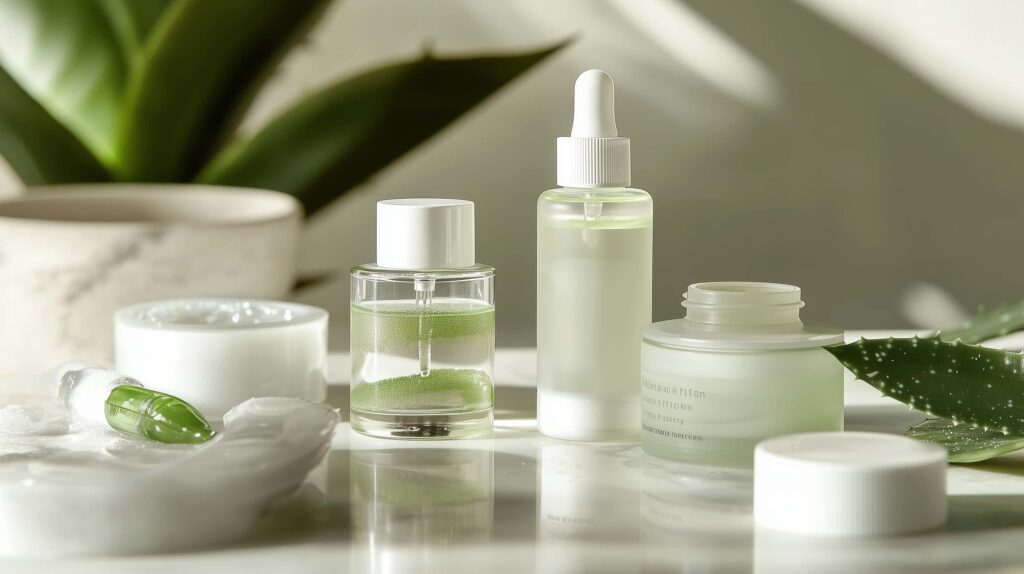
Your scalp is a complex ecosystem where various factors interplay to maintain balance. At the heart of dandruff issues is often the fungus *Malassezia*, which thrives in oily environments. This yeast feeds on the oils produced by your scalp, and when it multiplies excessively, it can trigger an inflammatory response leading to flaking. Think of it as a garden—if the conditions are right, certain elements can grow uncontrollably. However, with the proper balance of moisture and natural oils, your scalp can keep this growth in check.
Other factors, such as hard water, stress, and diet, can also impact your scalp’s health. For instance, hard water might leave mineral deposits that irritate the skin, while stress can alter hormone levels, affecting oil production. By understanding these factors, you can better tailor your hair care routine to prevent the conditions that lead to dandruff. This science-based explanation helps demystify the condition and empowers you to take targeted action in your daily scalp care.
Step-by-Step Guide to Transform Your Scalps

Transforming your scalp health requires a systematic approach that addresses both the symptoms and the root causes of dandruff. Here’s a step-by-step guide to help you achieve a flake-free scalp:
1. Choose the Right Shampoo
Start with a gentle, sulfate-free shampoo that contains active ingredients like tea tree oil or zinc pyrithione. Avoid overly harsh formulas that can strip your scalp of essential oils.
2. Regular Washing Routine:
Wash your hair 2-3 times a week to keep your scalp clean without over-drying. If you have an oily scalp, a more frequent wash may be necessary, but always follow up with a gentle conditioner.
3. Scalp Massage:
Use your fingertips to gently massage your scalp for 3-5 minutes during shampooing. This improves blood circulation and helps the shampoo penetrate more effectively.
4. Deep Conditioning Treatment:
Once a week, use a natural deep-conditioning mask or oil treatment (such as coconut or neem oil) to nourish your scalp. Leave it on for at least 20 minutes before rinsing thoroughly.
5. Diet and Hydration:
Stay hydrated and consider incorporating foods rich in omega-3 fatty acids, zinc, and vitamin B, which can support overall scalp health. Reducing stress through mindfulness or exercise can also play a crucial role.
Following these steps consistently can help restore balance to your scalp, reduce flaking, and leave you with healthier hair. Remember, transformation takes time, so be patient and track your progress.
How to Choose the Right Dandruff Solutions for You
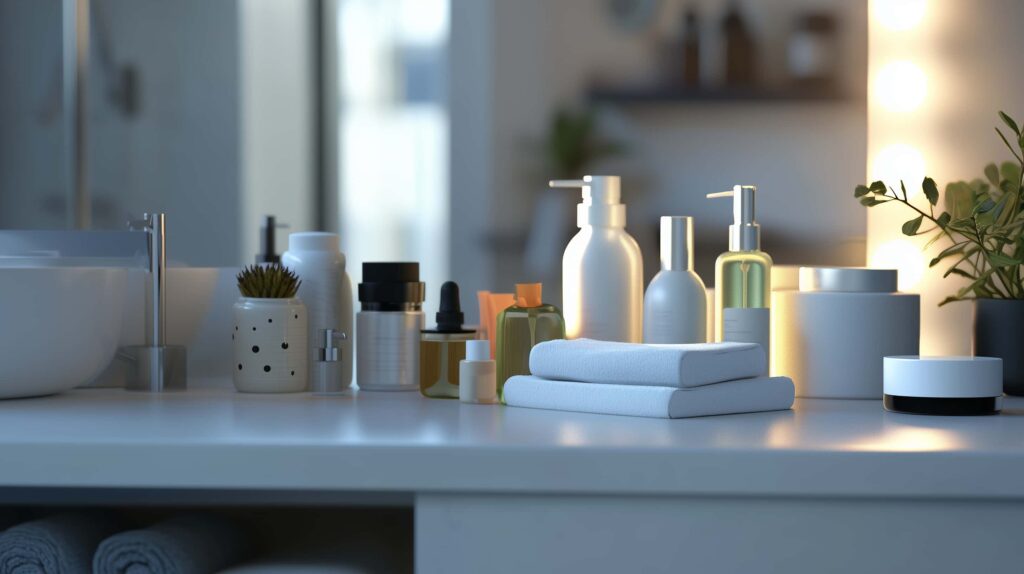
Selecting the ideal product for your dandruff can be overwhelming, but focusing on a few key factors can help you make the right choice. First, consider your scalp type—whether it’s oily, dry, or sensitive. Read labels carefully and look for products that list active ingredients known to combat dandruff, such as tea tree oil, zinc pyrithione, or salicylic acid. It’s also important to choose sulfate-free and paraben-free formulas if you have sensitive skin. Additionally, check customer reviews and expert recommendations, especially those from sources you trust. Ultimately, the best solution is one that not only addresses the symptoms but also nurtures your scalp’s overall health. Trust your instincts and be willing to experiment until you find the perfect match.
FAQs: Your Top Scalp Questions Answered
Q1: Can dandruff be completely cured?
While dandruff can be managed effectively with a consistent routine, it may require ongoing care as factors like stress or weather changes can trigger flare-ups.
Q2: How long does it take to see improvements?
Results can vary, but with consistent care, you might notice a reduction in flakes within 2-4 weeks.
Q3: Are natural remedies effective?
Yes, many natural ingredients like tea tree oil, neem, and aloe vera have proven benefits for reducing dandruff and soothing the scalp.
Q4: Should I change my shampoo based on the season?
Sometimes, yes. In drier months, a more hydrating formula might be necessary, while an oil-control shampoo could be beneficial during humid periods.
If you have more questions, consider speaking with a dermatologist who can tailor advice to your specific needs.
Your Journey to a Flake-Free Scalp
As you’ve learned, dandruff isn’t just a cosmetic inconvenience—it’s a signal from your scalp that requires thoughtful care. By debunking common myths and adopting a holistic, science-backed routine, you’re well on your way to transforming your scalp health. Remember, consistency is key. Each step you take—from choosing the right shampoo to incorporating natural treatments—brings you closer to a flake-free, confident you. Embrace this journey, and don’t hesitate to share your progress or ask for advice along the way. Your scalp’s transformation is within reach, and every small change counts.



